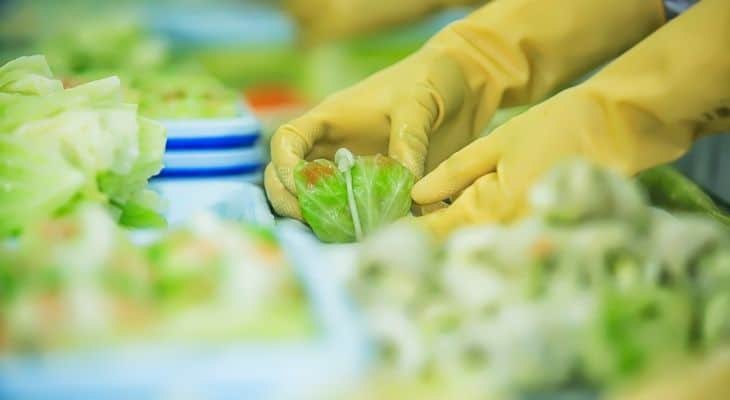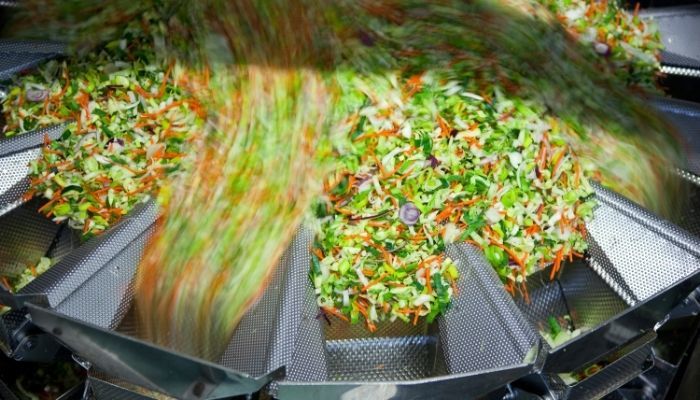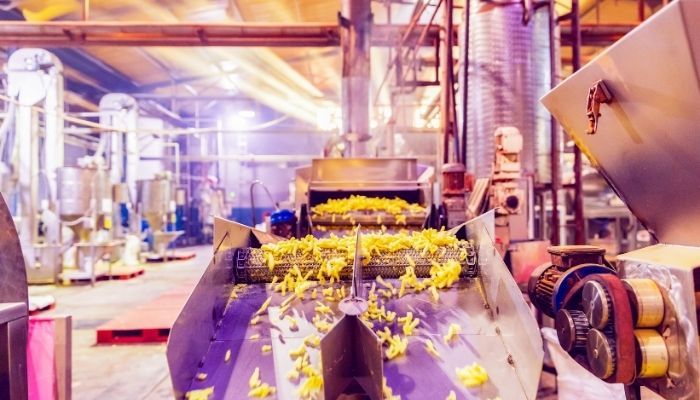Sustainable Food Manufacturing: Working to a Greener Future
The topic of sustainability has become even more important with the increasing effects of climate change. All industries and their businesses are implementing practices to reduce waste and greenhouse gas emissions. But what exactly does sustainability mean and look like for the food manufacturing industry?
Involving a number of factors, sustainable food manufacturing generally includes elements such as food production, distribution and packaging. For food businesses in the industry, one aspect to be focused on is adopting processes that are more eco-friendly, as well as utilising more energy-efficient food processing equipment.
Read on to learn more about sustainable food manufacturing today and ways you can make your food production line more eco-friendly.
What is Sustainable Food Manufacturing?
When we talk about sustainable food manufacturing, we’re addressing a broad and complex topic, and jumping into a deep and important discussion between producers and industry leaders across the globe. In it’s simplest form, sustainable practices in food manufacturing includes using processes and systems that:
- Conserve natural resources
- Are economically & energy efficient
- Are non-polluting
- Do not compromise the needs of future generations
- Reduce waste production
Today, consumers are not only becoming more educated on sustainable practices, but they are also becoming increasingly environmentally conscious. And this is reflected in the products and brands they buy. According to a study from Nielsen, 66% of consumers are willing to spend more money on brands that embrace eco-friendly and sustainable practices.
Four Tips on How to Embrace Sustainable Food Manufacturing
So how do you rise up to the challenge in implementing more sustainable practices as a food manufacturer? Here are a few things to consider:
1. Sustainable Packaging
There are a wide range of options when it comes to sustainable food packaging. From choosing biodegradable or recyclable (paper or glass), to compostable materials, the key is to ensure your food packaging machine is equipped to handle any type of material before jumping on board.
2. Reduce Food Waste
Reducing your food waste is of importance for economical, environmental and social reasons. Minimising food waste means that more can be reduced with less resources. As an example, top-of-the-range skinning machines can separate skins from meat with more efficiency with less waste, as opposed to the traditional manual methods used. What does this mean? It means more meat becomes available for further processing and/or packaging, plus more for the consumer to enjoy.
Modern food manufacturing technologies also prove valuable in reducing food waste, allowing for maximum yields and minimum waste, as well as a reduction in time wasted!
3. Energy-Efficient Machinery
Ensuring your machinery is energy-efficient is also another way to adopt more sustainable practices in your food manufacturing practices. By reducing your energy waste, you’ll be helping to lower your greenhouse gas emissions.
To make sure your extending the life of your equipment (reducing future waste) and checking your machinery is not consuming more energy than it needs, you’ll need to routinely check your equipment so it meets industry standards. Here you’ll see if you need to service or upgrade your equipment to ensure optimum efficiency.
Eagle PI, a leader in the field, offers their own advice to those looking to optimise their X-Ray inspection processes, “When it comes to the use of X-Ray machines for food inspection, look for energy-efficient features like low power generators, high gain detection systems and smart designs that eliminate the need for lead shielding curtains.”
4. Conserve Water
For a sanitised and safe food plant, not only will you need to see to it that your machinery and equipment is cleaned regularly, but workers will also need to follow the best sanitary practices. And although this is of the utmost importance, this process can consume large quantities of water. This is why businesses need to make sure their food processing cleaning equipment is efficient and uses only the chemicals and water needed to do the job well.
EIpress is an example of a leading industrial hygiene equipment manufacturer who are making waves when it comes to efficient water usage and sensor-operated chemical release.
Find out more about Food Processing Equipment (FPE) and their sustainable food production and equipment and services.
-
Stay up to date with the latest news, industry insights and foodpro updates.
- Subscribe



